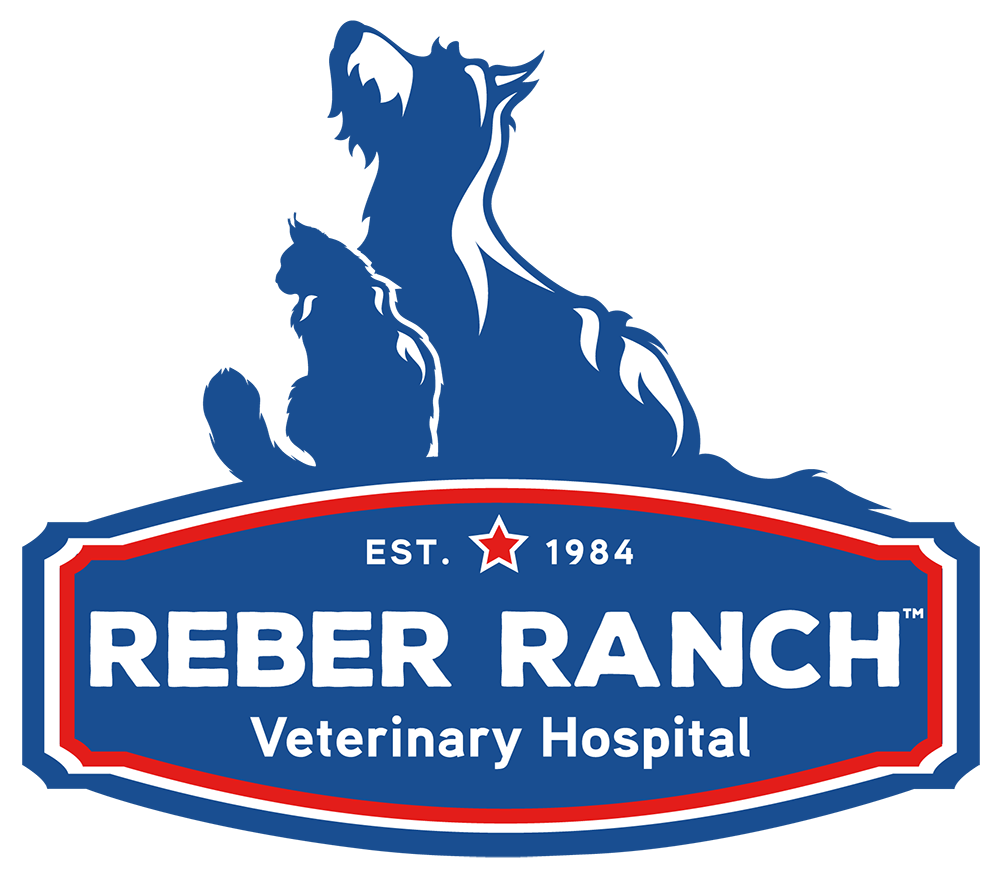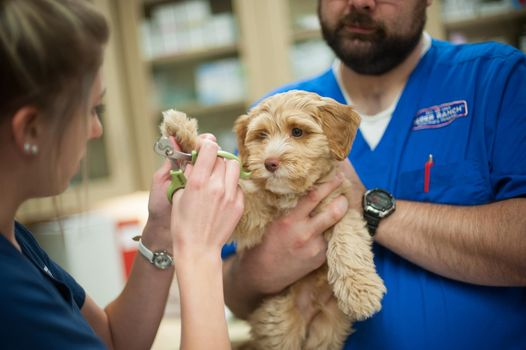What lifestyle do you and your family have?
Every dog or cat is an individual and will have his or her own individual personality. This is why it is important for the entire family to meet the pet before adoption. Important factors include age, breed, and health of the pet. Research should be done to look into breed characteristics and whether that pet will be a good fit for your family. The right dog for your family will need to get along with all members of the family and should be able to match your energy level. If you are interested in a specific breed of dog, be sure to find out what to expect as far as full-grown size, grooming commitment, general demeanor, and health issues that the breed may be predisposed to. The internet is a great resource and if you have questions, please contact your veterinarian!

What kind of animal rescue program will you use?
There are many animal rescue groups around, ranging from rescues that focus on certain breeds, county shelters, and even rescues that help with senior pets and pets that need special medical care. Whichever rescue you choose, a few important questions to ask include:
• What (if any) background is known about the pet? Does the dog or cat have any particular likes or dislikes? Are there any behavioral issues the pet may have?
• Are there any known health problems, either past or present? Does the rescue provide any screening diagnostics like testing fecal samples for parasites?
• Will the cost of vaccines and other health care (ie. spay or neuter surgery) be covered in your adoption fee?
Are you financially ready for a pet?
Everyone knows that caring for a pet isn’t free but there can be many unexpected costs during the dog or cat’s lifetime. Be prepared not only for the cost of pet food but other things like boarding, obedience class, and veterinary bills. Again, this is when research about dog breeds will be useful so you know what you should expect in the future.
Additional tips
• A pet is a long term commitment. When you bring a dog or cat into your family, you and the members of your family are agreeing to the responsibility of caring for that pet for the rest of his/her life. This is a responsibility that should not be taken lightly. All members of the family should think and talk about what this means. Who will be responsible for the pet’s needs – exercise, grooming, feeding, training, health care?
• When you rescue or adopt a pet, it is a good idea to bring him/her to your veterinarian in the first 1-2 weeks. Make sure to bring up any health concerns or care questions at this time! The veterinarian will complete a thorough examination to make sure your pet is healthy and can help guide you in making the right decisions for your new dog or cat. It is also important to learn about preventative health care early on so you can help to maintain your pet’s health in the long run.
• Did you know that between birth and 6 months of age, a puppy or kitten should be in to see a veterinarian about 6 times? This is when the the puppy will get a full vaccine series, microchip, deworming, fecal analysis to check for intestinal parasites, and be neutered/spayed. This is important to keep in mind if you plan to adopt a younger pet.

